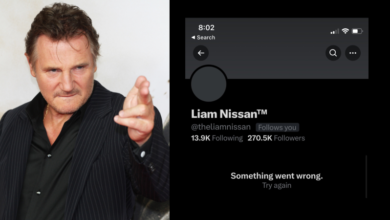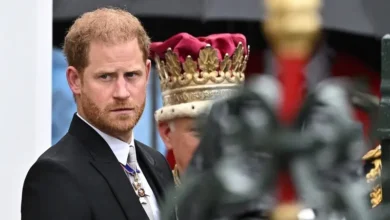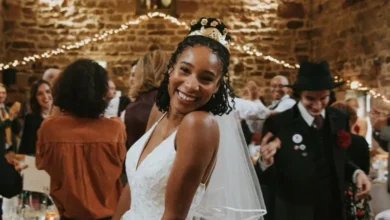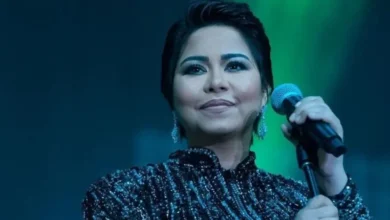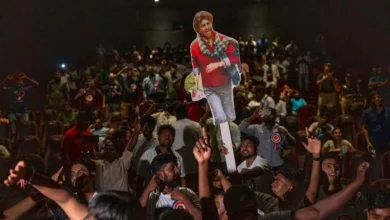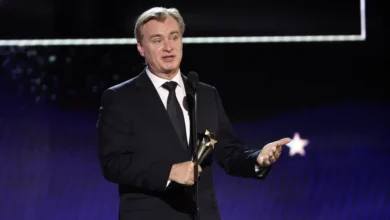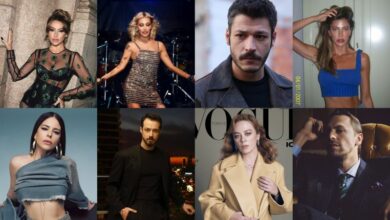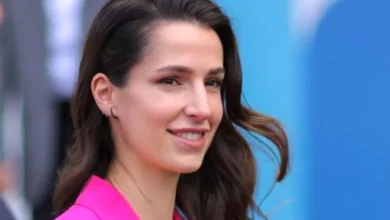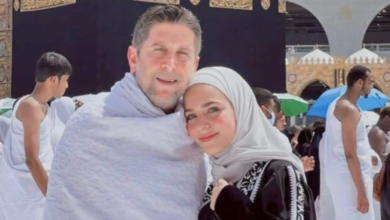Heartstopper creator Alice Oseman opens up about season 2
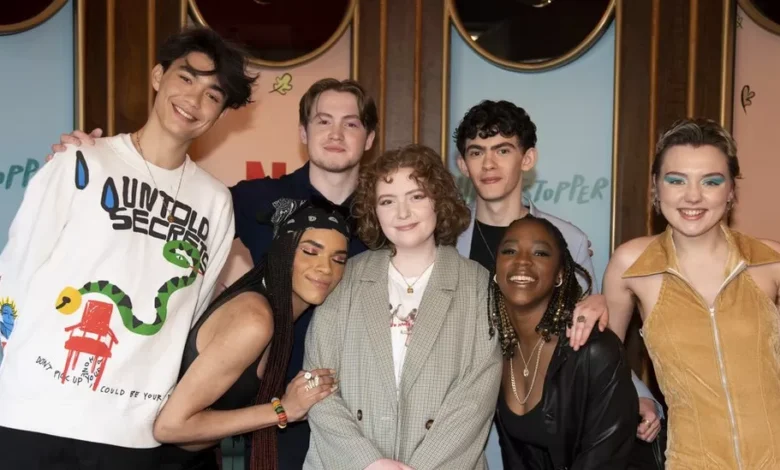
In its first season, Heartstopper received huge amounts of praise for showing what it’s like to come out when you’re young.
Its diverse cast of characters showcased openly gay, bisexual and trans teenagers on-screen.
And the show’s second season takes things a step further by including a character coming out as asexual.
That’s where a person says they feel little or no sexual attraction to anyone, regardless of their gender.
It’s not something you often see in major TV shows, but it’s a story that creator Alice Oseman wanted to tell.
She identifies as asexual and aromantic – a term for people who say they don’t feel romantic connections.
“I’m 28 now and I didn’t even really learn about those terms until I was at university,” she tells BBC Newsbeat.
“And honestly, I didn’t really understand them until even later than that.”
In the latest national census, 28,000 people in England and Wales identified as asexual, out of a population of 67 million.
“I feel like asexuality and aromanticism are identities that are not known about by a lot of people,” says Alice.
“I wanted to bring that representation into the mainstream.
“And I really hope that people will be able to see themselves in that story.”
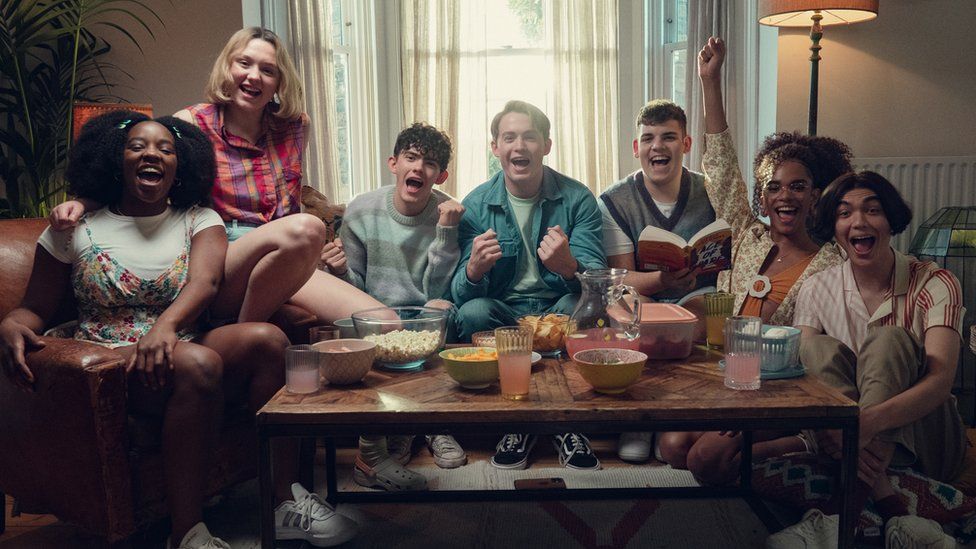
Heartstopper fans of all ages have spoken out about how watching the Netflix show helped them to figure out parts of their identity.
It’s something Alice wishes she’d had growing up.
“It would have helped me so much,” she says.
“If I’d seen asexual characters when I was a teenager, I would have understood that part of myself so much earlier, and it would have saved me a lot of anguish, pain and confusion.”
Alice says she’s proud of the visibility Heartstopper’s brought to a range of sexualities and gender identities.
And adding an asexual character to the cast widens this out even further.
“It helps people see that they’re not alone,” she says.
“And it helps people understand the diversity and variety of experiences that we have in our world.
“It promotes empathy and compassion for other people. We need to understand that all kinds of people can be the hero of the story.”
‘It’s not talked about in school’
More representation on TV shows is something model and asexual activist Yasmin Benoit says would have helped her too.
“It’s not something that’s talked about in schools,” she tells Newsbeat.
Yasmin says it took years for people to accept her identity after she came out as asexual.
“Being able to have it validated on a popular television show, and being able to see someone else’s journey portrayed like that, I think can be pretty helpful,” she says.
“If you come out as gay, or if you come out as bisexual, most people know what that means, so they’re more inclined to accept the answer.
“Whereas if you’re coming out as something and people don’t know what you’re talking about, that’s a lot harder for them to accept.”
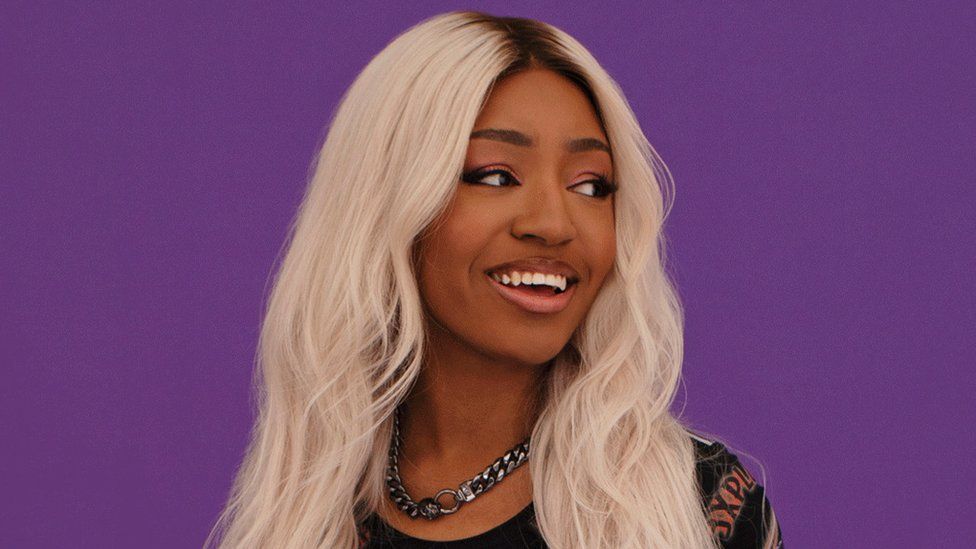
Yasmin says misunderstandings are common, and people tend to assume asexual means “there’s something physically wrong with you”.
And when they hear “aromantic”, she says, they think you “must just be quite cold-hearted and closed off or you have commitment issues”.
Neither of these is true, and Yasmin says representation is the first step in changing attitudes.
She’s campaigning for the government to include asexuality in the Equality Act, making it illegal to discriminate against someone for being asexual.
Yasmin also wants to see more diverse representation of asexual people on screen.
“It’s very much depicted as being a white thing,” she says.
“So that can be quite limiting if you don’t fit into that demographic. I do hope that it diversifies a bit as time goes on.”
But the huge response to Heartstopper suggests that many people have seen themselves represented in the show.
And creator Alice hopes it will help at what she calls “an increasingly difficult time for the LGBTQ+ community”.
“It can be really disheartening and scary, particularly for young people,” she says.
“And so to have Heartstopper there is just something they can turn to that makes them feel that hope and feel that joy.
“I think it’s important to have all kinds of stories but joyful stories and the hope that they give us are essential.”
And she also hopes that people will continue to fall in love with her characters, and maybe see a bit of themselves in one of them.
“To hear that Heartstopper has helped anyone on their journey or helps them understand a friend or family member, or even just brought a little bit of joy and happiness into their life.
“That’s so special to me as a writer. That’s really all I could ever hope to do.”
